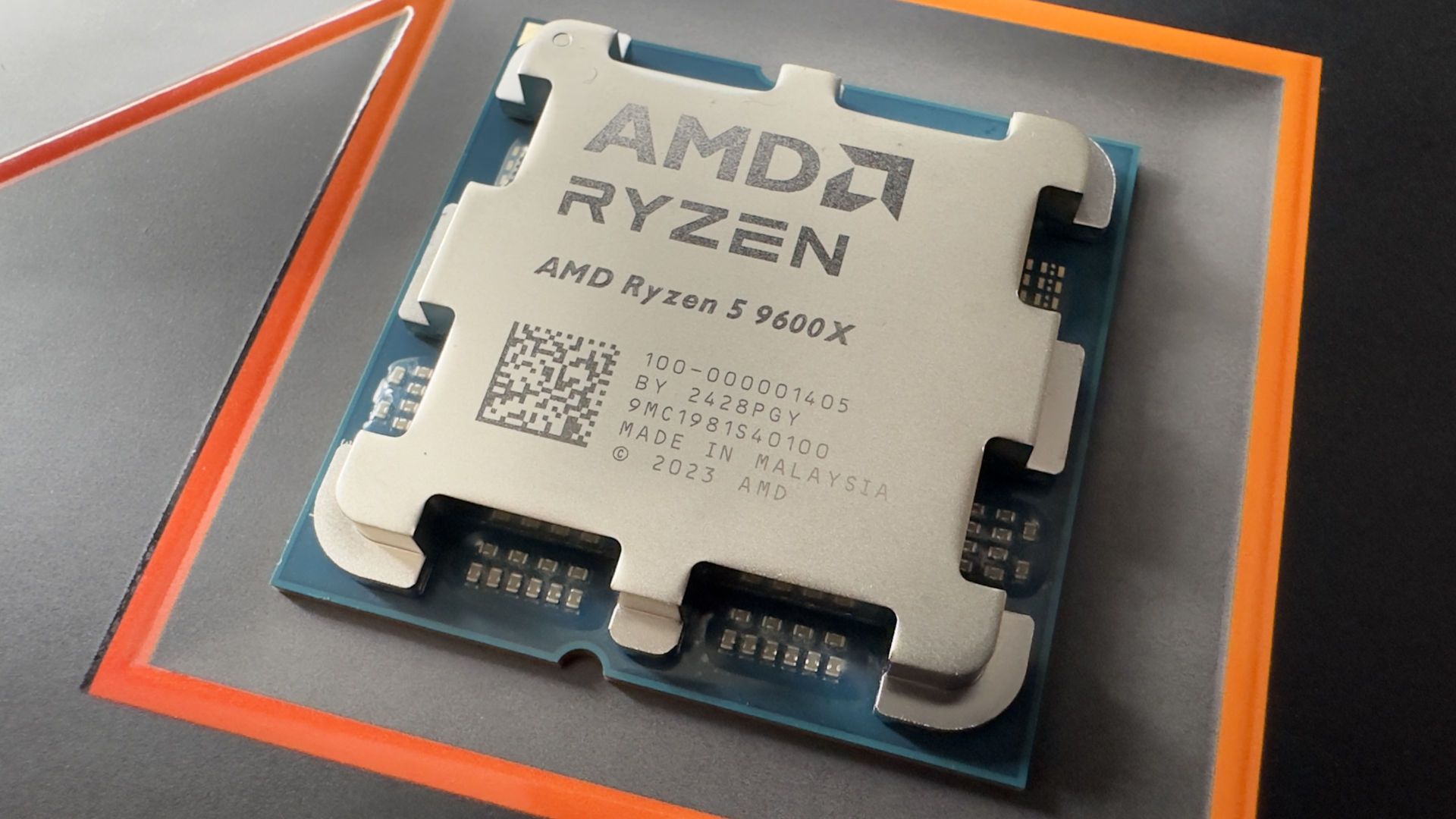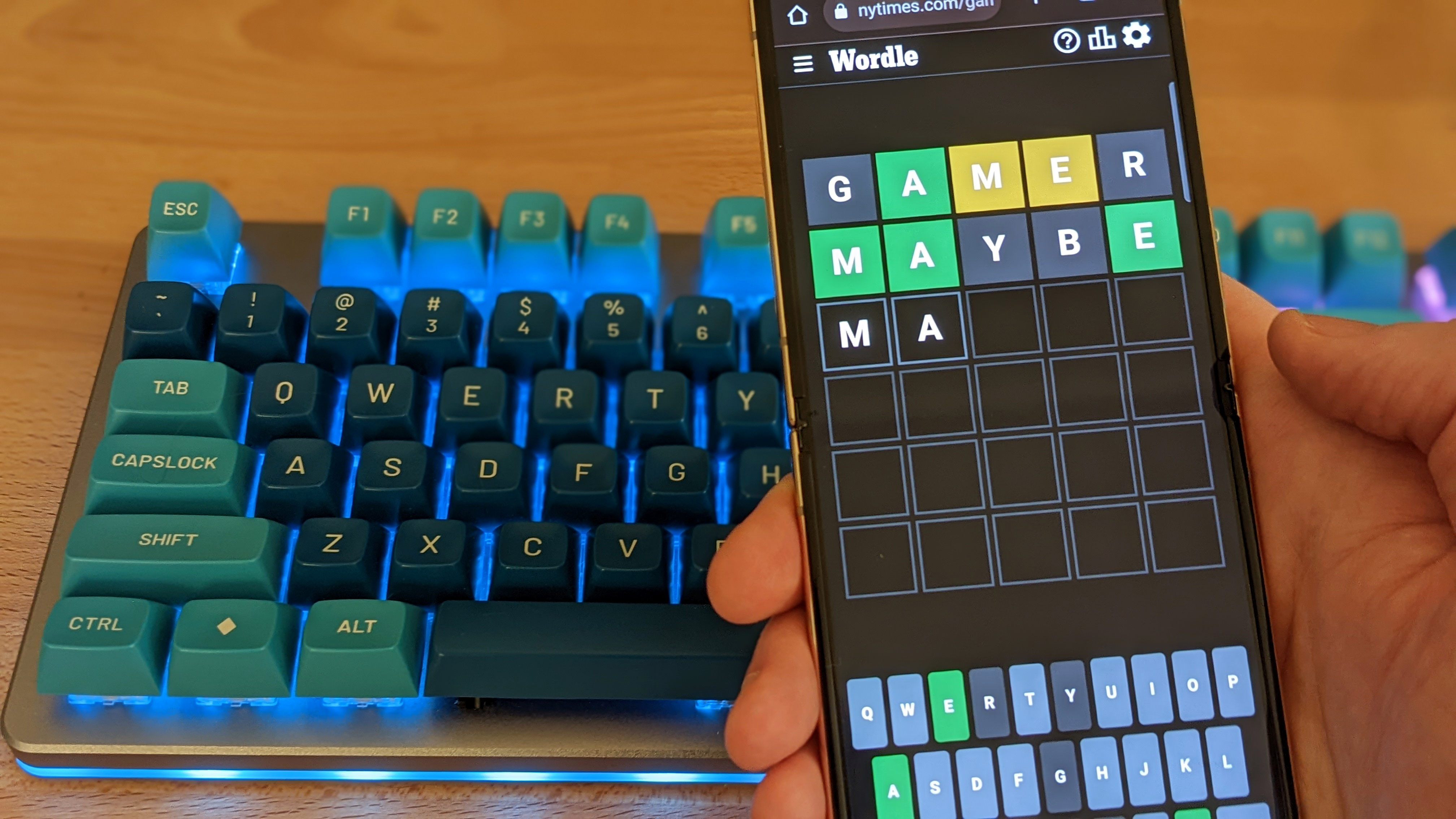
DIY PC builders are apparently not feeling Zen 5.
AMD’s new Zen 5-based Ryzen 9000 CPUs have taken a bit of a beating when it comes to the broader review community. But they weren’t that bad, more slightly underwhelming in gaming than in any way broken. Our own chip-fancier Nick is a bit more positive that most (despite his own travails during testing) and points out the Ryzen 9 9950X in particular is pretty killer for productivity apps and anything that feeds on lots of threads.
Nevertheless, reports are mounting that AMD’s latest CPUs are absolutely bombing in the sales charts. The major caveat here is that these reports largely center on individual CPU sales for the DIY market, as opposed to chips going into fully built rigs. And the DIY market is positively puny by comparison.
Still, as a measure of sentiment rather than outright volumes, DIY sales are indicative. And those indications are reportedly bad, as in really bad. According to YouTube channel Hardware Unboxed, the patchy reception of Zen 5 “has had a disastrous effect on sales” in Australia.
The channel claims sales of the chips in Australia are so bad the “figures are hard to believe” with retailers and distributors painting a picture of “worst Ryzen launch since the very start of Ryzen as a whole.”
Hardware Unboxed also points to sales figures from German etailer Mindfactory. To cut a long story short, Mindfactory’s publicly published figures show that Zen 4 sold twice as many units in the first week after its launch two years ago as Zen 5 has managed in an entire month.
Bear in mind Zen 4 and the Ryzen 7000 series required the then-new AM5 socket and thus a whole new motherboard and memory platform, making the upgrade much more complicated and expensive than Zen 5, which drops straight into existing AM5 boards. Okay, maybe some DIYers are waiting for new chipsets which have yet to arrive, but that’s surely a niche within niche.
Over on another YouTube channel, Moore’s Law is Dead, you can absorb similar reports, with the headline claim that Zen 5 and the Ryzen 9000 series is the “worst launch since Bulldozer” according to the channel’s retailer sources.
Bulldozer, of course, came out in 2011 and was arguably AMD’s biggest misstep in CPU design. Zen 5 is nothing like Bulldozer in architectural terms—it’s a far superior chip and microarchitecture—but that’s somewhat academic if it’s not selling.
Notably, both Newegg and Amazon’s CPU “Best Sellers” lists seem to back up the broader narrative. On Newegg, Zen 5 simply doesn’t feature in its top 20, while Amazon lists the Ryzen 9 9700X in 28th place with the 9950X at 32nd.
Meanwhile, a new AGESA firmware update for Zen 5 chip has reportedly cut inter-core latency from 180ns right down to 75ns. On one hand, that addresses one of the more apparent shortcomings of Zen 5 uncovered by reviews, but on the other it feeds into the narrative of a slightly botched, potentially rushed launch.
(Image credit: Future)
Best CPU for gaming: The top chips from Intel and AMD.
Best gaming motherboard: The right boards.
Best graphics card: Your perfect pixel-pusher awaits.
Best SSD for gaming: Get into the game ahead of the rest.
Put another way, why wasn’t the inter-core latency issue fixed before launch? It’s not as if Intel was putting pressure on AMD to push Zen 5 out as soon as possible. On the contrary, Intel has been fighting its own PR war, what with crashing 13th and 14th Gen chips and its own next-gen Arrow Lake desktop chips even now probably not out for another month.
Like we said, Zen is not a disaster architecturally. It’s not massively broken requiring widespread RMAs (eh, Intel?). In fact, it’s definitively a bit better than its predecessor. But it’s not a huge step forward and that makes it rather poor value for existing users.
To give just one example, the new Ryzen 5 9600X is selling for about $280. But the old Ryzen 5 7600 can be had for around $180. And in terms of the subjective computing experience as opposed to raw benchmark figures—be that in games or really any other application—you’d be hard pressed to tell them apart. So, maybe it really isn’t a huge surprise that customers aren’t queuing up for the new CPUs, is it?






